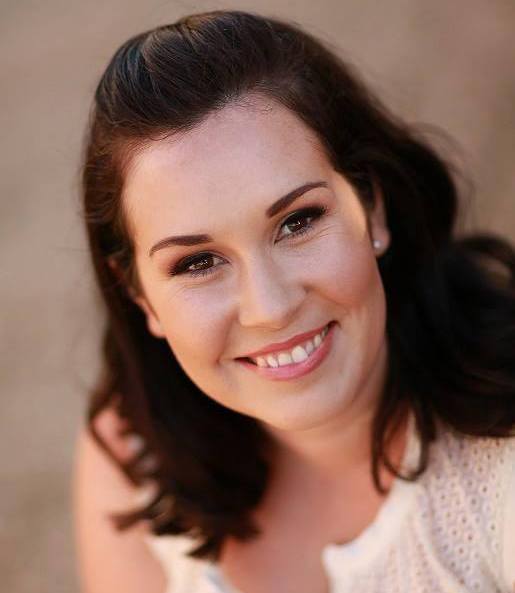Meet a Financial Broker
We caught up with Audrey Greipl who is a self-employed broker at Ash Blue Finances. She has worked for 11 years in the Banking and Finance industry, predominantly in the personal home loan sector.
1.What courses did you study to become a Financial Broker? And tell us a bit about your current role?
I completed my Cert IV in 2013 and my Diploma of Financial services/mortgage brokering in 2015. Upon becoming an accredited broker, I also had to complete AML (Anti-Money Laundering) training and individual bank accreditations to become familiar with products on offer. I constantly need to upskill, and it is a requirement for me to complete a minimum of 25.5 hours training every year.
My current role is to assist my clients with obtaining finance to purchase a home, refinance, construct/develop property or purchase investment property. In addition to this, I also offer personal/car/ equipment finance and commercial/business lending to customers. As I am self-employed, I also need to spend time on networking, relationship building with key stake holders (accountants, real estate agents, financial planners especially) to assist with bringing in business.

Audrey Greipl from Ash Blue Finances.
2.What does a Financial Broker do on a day-to day basis?
Each day varies, but a summarized breakdown would be:
- Following up new leads and booking in appointments for both clients and potential referrers
- Ensuring applications in the system are being processed and are moving forward
- Updating clients on the status of their applications
- Ensuring social media is updated with any news in the market (daily posts set up)
- Client appointments
- Networking events with potential/existing referrers
- Development workshops
- Bank/aggregator workshops (upskilling)
3.What do you think are the skills a Financial Broker should have?
It is vital to have the ability to connect with people at their level and have high levels of communication skills.
I believe in addition to completing a diploma in financial services/mortgage brokering, it is a really good idea to have a banking/finance background (I previously worked in banking for 10 years) as this gives you a good understanding of bank process and policy. Many new brokers do not have this background and struggle initially as they don’t have a good understanding of bank structure and policy.
4.What are your favorite things about working in the Banking and Finance industry?
Being a small piece of a big picture by enabling people make their dreams a reality (in purchasing a home), or helping them find ways to save money and seeing the happiness this can create.
5.What advice would you give students aspiring to work in the Banking and Finance industry?
Firstly, always put the client’s best interest first. Business will come to you if you ALWAYS do the right thing by both the customer and by the bank/governing bodies. Secondly, always be open to change. This industry can change from day to day, and it is out of our scope to be able to control the changes lenders and the governing bodies make. Embrace the changes and keep moving forward. Lastly, be persistent and patient in putting yourself out there to be noticed, even if you are entirely out of your comfort zone, as it will pay off in the long run.
Thank You, Audrey for sharing your story with training.com.au
